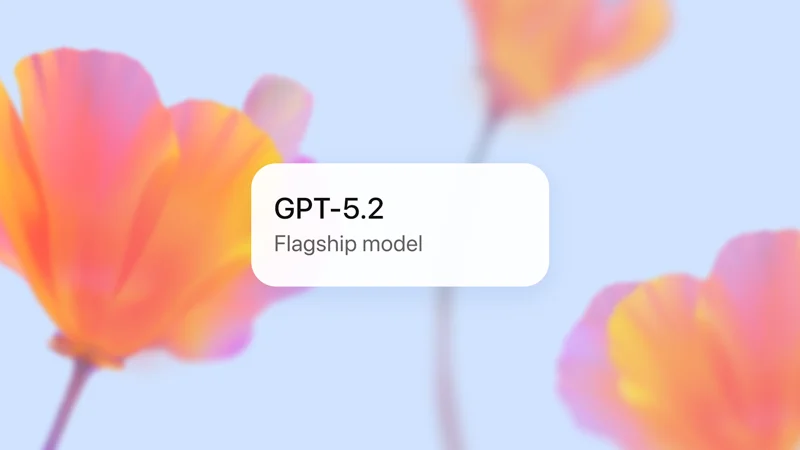OpenAI has introduced a new AI “agent” called deep research within ChatGPT, aimed at facilitating in-depth, complex research tasks. This capability is available to Pro users and will soon be accessible to Plus and Team users. The deep research agent can synthesize large volumes of online information and perform multi-step research tasks significantly faster than a human, completing what would typically take hours in just minutes.
Deep research utilizes a version of the upcoming OpenAI o3 model, optimized for web browsing and data analysis. It employs reasoning to search, interpret, and analyze diverse online sources, including text, images, and PDFs. The agent is particularly adept at uncovering niche information that may require extensive browsing. Each output is thoroughly documented with citations and summaries, allowing users to easily verify the information.
Target Audience
This tool is designed for professionals engaged in intensive knowledge work, such as in finance, science, policy, and engineering. It also serves consumers seeking personalized recommendations for significant purchases, like cars and appliances. By automating complex web research, deep research saves users valuable time and enhances productivity.
To utilize deep research, users select the feature in the ChatGPT message composer and input their query. They can attach relevant files for context. The research process may take between 5 to 30 minutes, during which users can attend to other tasks. Notifications will be sent upon completion, and the results will be presented as a report within the chat. Future updates will include embedded images, data visualizations, and connections to specialized data sources.
Comparison with GPT-4o
While GPT-4o excels in real-time, multimodal conversations, deep research is tailored for detailed, domain-specific inquiries requiring extensive exploration. The ability to cite sources and provide well-documented answers distinguishes deep research from a quick summary.
Despite its capabilities, deep research is not without limitations. AI can produce errors, and OpenAI acknowledges the potential for inaccuracies. To enhance reliability, deep research outputs will be fully documented, and the model has been trained using reinforcement learning on real-world tasks. This approach aims to improve the model’s accuracy over time.
Overall, deep research represents a significant advancement in AI-assisted research, bridging the gap between extensive information gathering and practical application in various fields.












